Why is Coaching Illegal in Tennis?
Coaching plays a crucial role in sports, providing athletes with guidance, strategies, and support to enhance their performance. However, in the world of professional tennis, coaching is often a contentious issue. Many tournaments, including the Grand Slam events, strictly prohibit coaching during matches.
In this article, we delve into the reasons behind the prohibition of tennis coaching and explore its implications on the sport. So, why is coaching illegal in tennis? Let’s find out.
The Sanctity of Individual Competition
The Spirit of One-on-One Battle
Tennis is a sport that values individualism and fair competition. It embodies the spirit of one-on-one battle, where players rely on their own skills, instincts, and mental fortitude to outperform their opponents. The prohibition of coaching contributes to maintaining this spirit, ensuring that the player’s performance truly reflects their individual abilities.
Preserving the Mental Challenge
Tennis is not only physically demanding but also mentally challenging. Players face pressure, make split-second decisions, and strategize on their own throughout the match. By disallowing coaching, the sport cultivates mental resilience, pushing players to rely on their own problem-solving skills and adaptability in high-stakes situations.
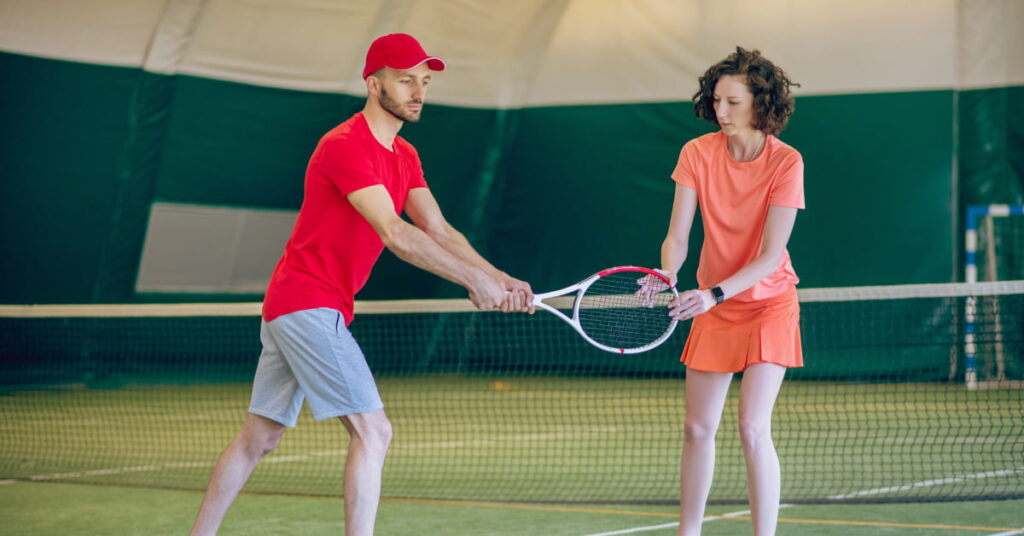
Avoiding Unfair Advantages and Manipulation
Maintaining a Level-Playing Field
One of the primary reasons coaching is illegal in tennis is to maintain a level playing field. Allowing coaching during matches could create an imbalance between players who have access to expert coaches and those who don’t. Prohibiting coaching ensures that each player competes solely based on their individual talent and resources, rather than the external assistance they receive during the match.
Preventing Cheating and Rule Violations
Permitting coaching during matches opens the door to potential rule violations and cheating. Coaches could relay illegal instructions or tactics to players, undermining the integrity of the game. By outlawing coaching, tennis authorities minimize the risk of foul play and preserve the sport’s integrity.
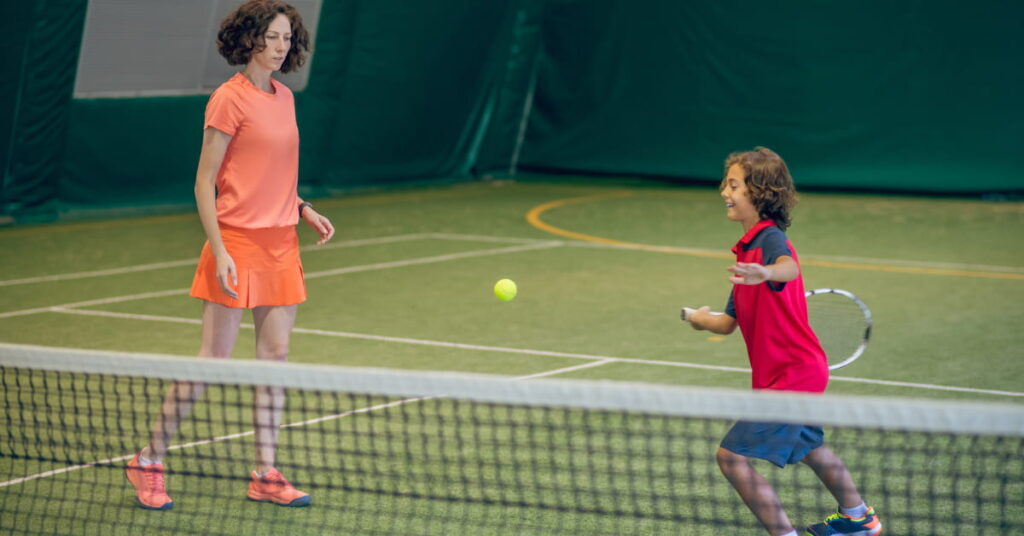
The Role of Self-Reliance and Player Autonomy
Fostering Self-Reliance
Tennis is a sport that encourages self-reliance and self-motivation. Players are responsible for their own decisions, strategies, and outcomes. The ban on coaching fosters a sense of independence, forcing players to develop their own game plans, adapt to changing circumstances, and find solutions to on-court challenges without external intervention.
Enhancing Player Autonomy
Coaching restrictions empower players to take ownership of their performance and development. By relying on their own judgment and decision-making skills, players can explore their individual style, develop their unique strengths, and evolve as athletes. This autonomy fosters personal growth, resilience, and a stronger sense of identity on the court.
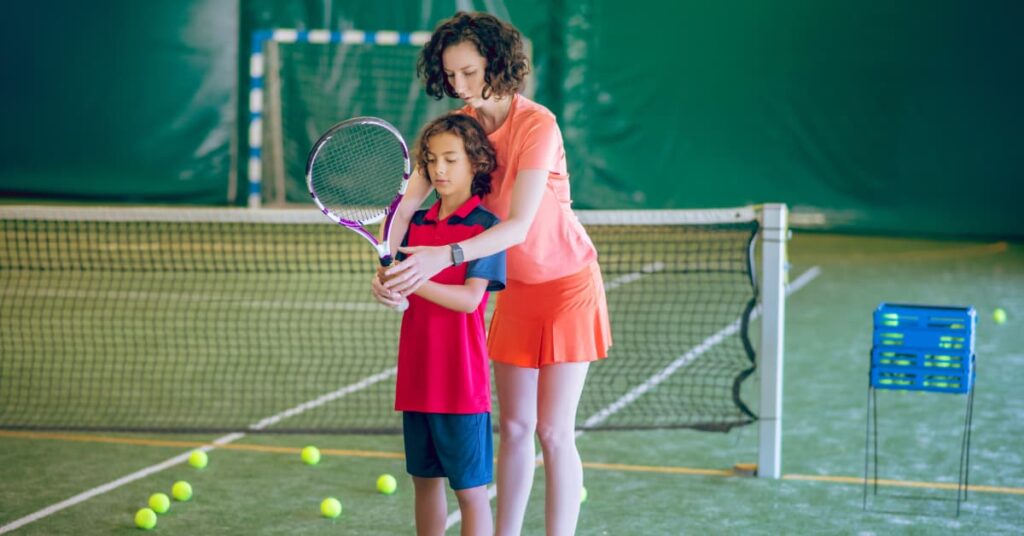
Respect for Tradition and Sporting Etiquette
Embracing the Tennis Heritage
Tennis is a sport deeply rooted in tradition, and the prohibition of coaching aligns with its historical practices. The sport has a long-standing tradition of individual competition, dating back to its origins. By adhering to the no-coaching rule, tennis embraces its heritage, preserving the purity and essence of the game.
Promoting Sporting Etiquette
The ban on coaching promotes a higher standard of sporting etiquette. In tennis, players are expected to demonstrate good sportsmanship, self-discipline, and respect for their opponents. By refraining from coaching, players uphold these values, maintaining the game’s integrity and fostering a fair play culture.
Frequently Asked Questions (FAQs)
Is coaching illegal in all tennis tournaments?
No, coaching rules can vary across different tournaments. While many professional events, including the Grand Slam tournaments, prohibit coaching during matches, some tournaments, especially at the junior and amateur levels, may allow coaching under certain conditions.
Can players receive coaching during breaks between sets?
In most tennis tournaments, coaching is not permitted during breaks between sets. Players are expected to analyze the match, strategize, and independently adjust during these intervals.
What happens if a player receives coaching during a match?
If a player is caught receiving coaching during a match in tournaments where it is illegal, penalties can be imposed. The severity of the penalty varies, ranging from a warning or point deduction to disqualification, depending on the tournament’s regulations.
Are there any exceptions to the coaching ban?
Yes, there are limited exceptions to the coaching ban. For instance, some tournaments may allow on-court coaching during specific stages of the competition, such as finals or semifinals, or for players who have taken a medical timeout.
Is coaching allowed in doubles matches?
Generally, coaching is not permitted in doubles matches. Similar to singles matches, the focus is on individual performance, and players must rely on their own abilities and communication with their partners.
Are there any discussions to change the coaching rules in tennis?
The topic of coaching in tennis has been a subject of debate in recent years. While some argue for the relaxation of coaching restrictions, others advocate for maintaining the status quo. Tennis authorities continually evaluate these discussions, taking into account the sport’s traditions, fairness, and the opinions of players, coaches, and fans.
Conclusion
The prohibition of coaching in tennis serves multiple purposes. It upholds the spirit of individual competition, avoids unfair advantages and manipulation, nurtures self-reliance and player autonomy, respects tradition and sporting etiquette, and ensures a level playing field for all participants.
While the discussion around coaching rules in tennis continues, the current ban remains in place, preserving the unique essence of the sport and challenging players to excel on their own merits.

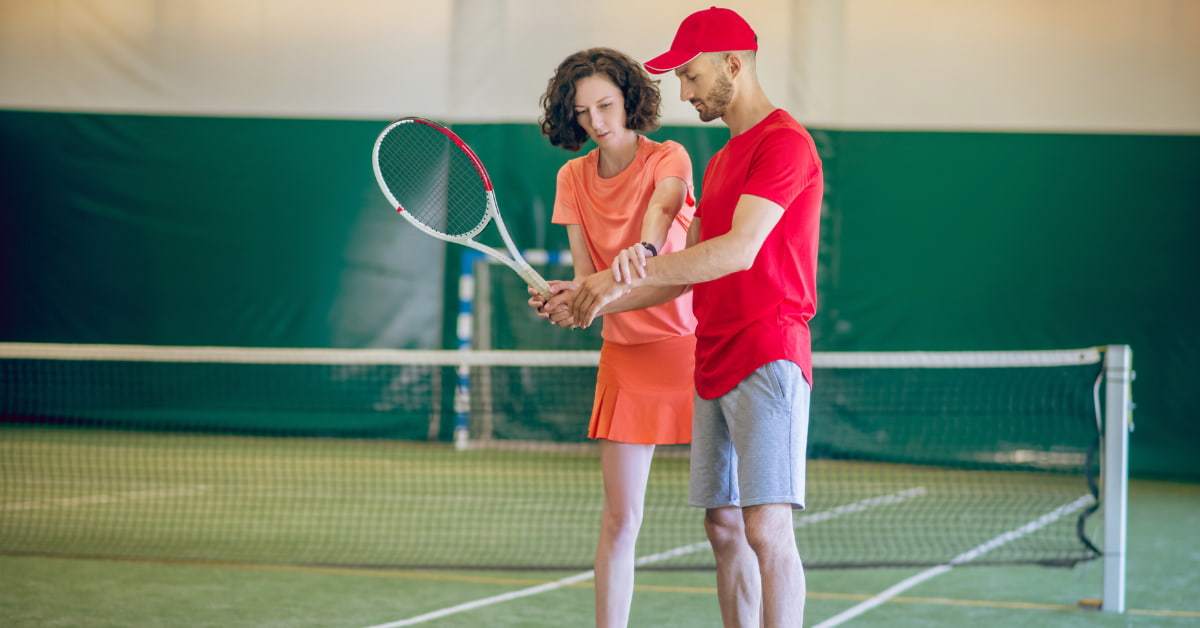

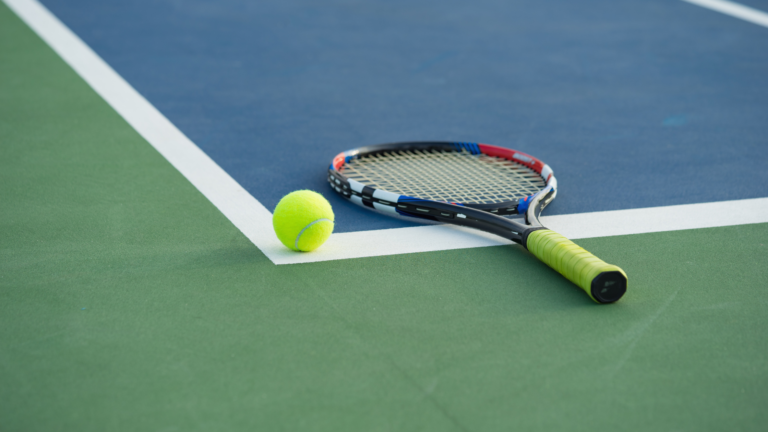
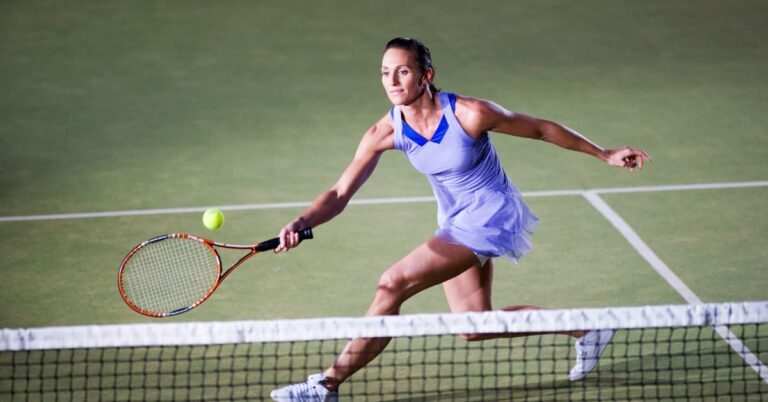
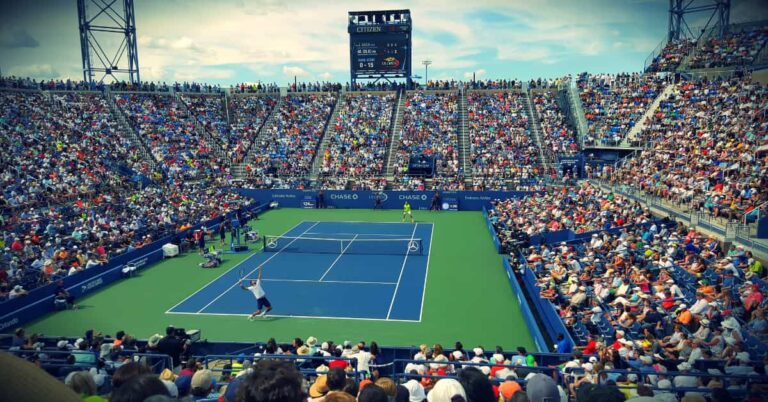
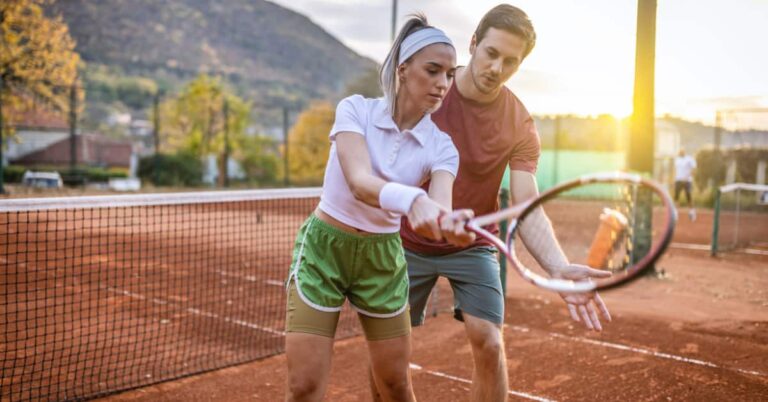

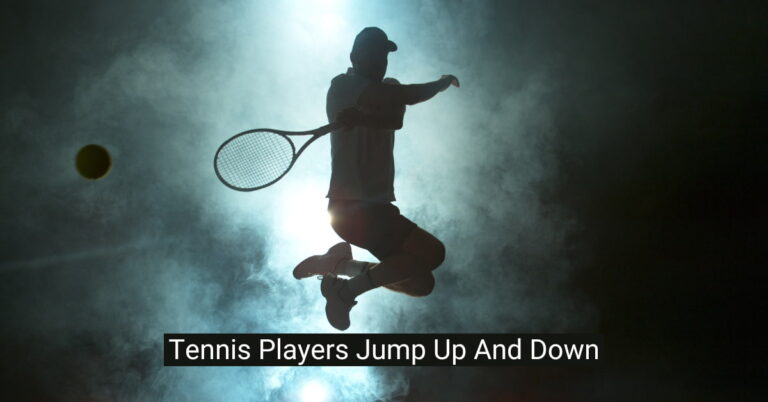
One Comment
Comments are closed.